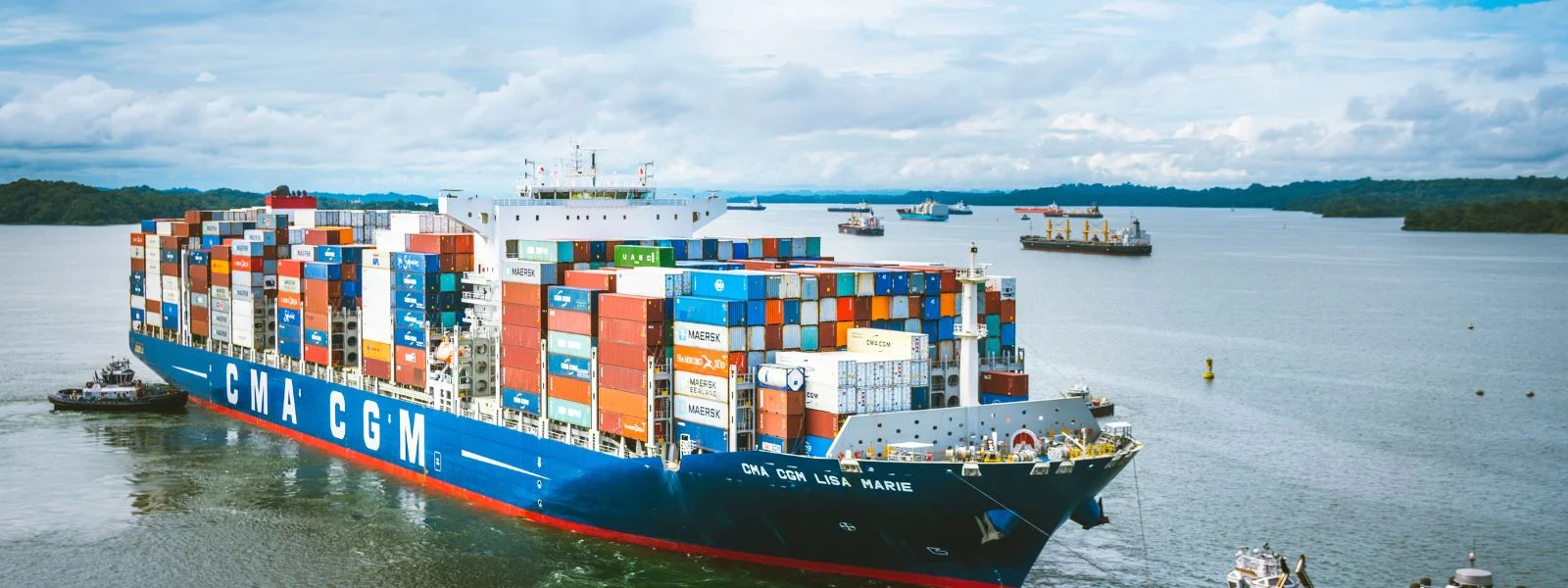Navigating Complex Regulations in Shipping – How Outsourced Experts Ensure Compliance
5th November 2025

Anyone in the freight business knows that regulations are the ever-present currents beneath every shipment. Customs documentation, trade tariffs, safety standards, environmental rules - the web of regulations governing shipping and logistics is vast and constantly changing. For freight forwarders, carriers, and shippers, compliance is not optional: a single mistake can mean fines, shipment delays, or even loss of licenses. Yet keeping up with all the rules (across multiple countries and modes) can strain even large logistics teams. That’s why many companies are enlisting outsourced compliance experts to navigate these complex waters. These specialists - whether part of a 3PL’s service offering or an externalconsultancy/BPO - bring deep regulatory knowledge and dedicated focus to ensure every shipment and process meets the letter of the law.
To appreciate the value of outsourced help, consider what a logistics manager faces today. For international shipping, there are varying import/export requirements in each country, often updated with little notice. You have tariff changes stemming from trade agreements or disputes (e.g., the US-China trade war tariffs, Brexit-related duties). There are stringent customs filing protocols like ISF (Importer Security Filing) and AMS in the US, or the new ICS2 in the EU - each with its own data elements and deadlines. On the transportation side, regulations like hours-of-service for truck drivers, hazmat handling rules, and weight restrictions must be followed. Environmental mandates are rising too: IMO rules on low-sulfur fuel for ships, or local emissions zones for trucks in cities. Keeping track of all this is a full-time job (actually, a whole department’s full-time job) for a global logistics operation.
Outsourced compliance support typically means bringing in professionals or firms whose core competency is trade compliance and logistics regulations. They might be customs brokers, trade attorneys, or experienced documentation specialists stationed around the world. Here are concrete ways they add value:
Partnering with compliance experts greatly reduces the risk of non- compliance, which can carry heavy consequences. It’s not just fines (which can be huge in some cases); it’s also avoiding cargo seizures, permit revocations, or brand damage from compliance scandals. By outsourcing the risk to some degree, you gain peace of mind. Many outsourcing providers even offer indemnification or at least documented assurance of their processes. They implement robust monitoring and auditing of compliance tasks, providing an extra layer of oversight. Should a compliance issue occur, you have experts on hand to quickly correct course and often a contractual framework for accountability.
It’s worth noting that outsourcing compliance doesn’t mean abdicating responsibility - companies still need to oversee and set the compliance standards. But it’s a recognition that specialized partners can execute it day-to-day more effectively and efficiently. As a result, even mid-sized freight forwarders can maintain a compliance program on par with giant multinationals by leveraging outsourced support.
In conclusion, outsourced compliance experts are like a strong navigation system for the maze of shipping regulations. They ensure every “i” is dotted and “t” crossed on paperwork, keep your operation current with evolving laws, and swiftly handle any hiccups with authorities. This means fewer delayed shipments, fewer fines, and a smoother flow of goods across borders. In a survey of logistics outsourcing benefits, regulatory compliance support ranks high – third-party providers “stay current on the latest shipping regulations and safety standards, reducing your risk of compliance violations” as one logistics firm put it. Given the complexity and stakes, having seasoned navigators for compliance is not just helpful – it’s increasingly essential. It lets you focus on service and growth, knowing the regulatory foundation is solid. For logistics companies large and small, that kind of assurance is worth its weight in gold (or in this case, saved penalties!).